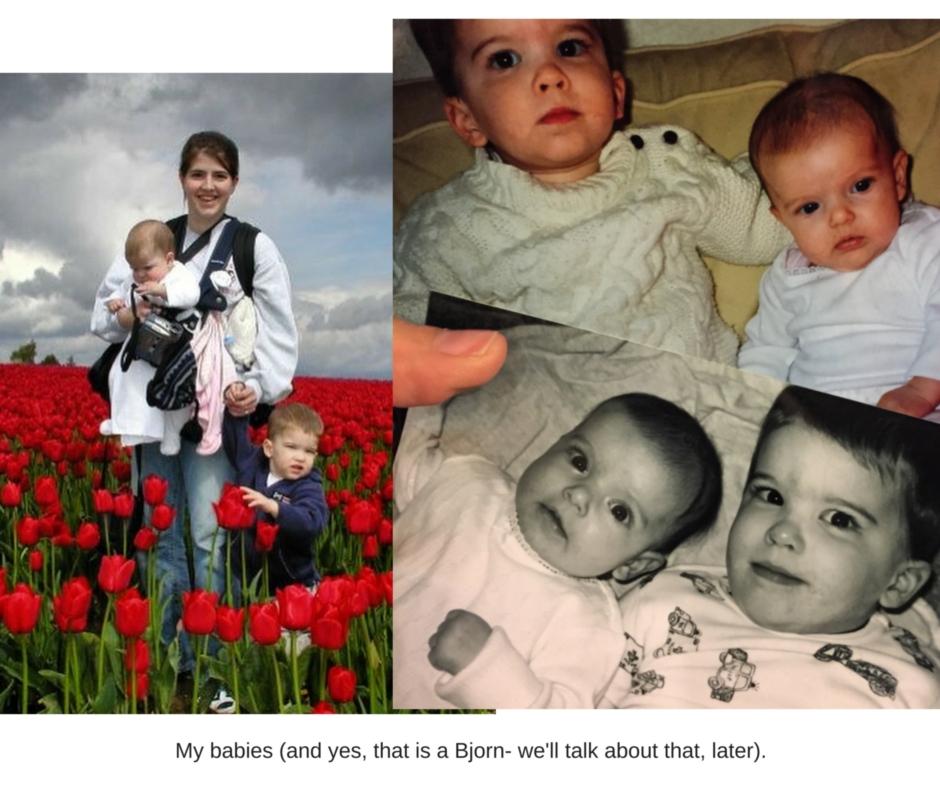
A woman enters, holding my chart and the report I’ve written. Though small in stature, this woman’s presence fills the entire corridor. She looks into my eyes, searching.
“You’re angry,” she says to me. I like this woman.
I am 25 years old, nine months pregnant and holding a 16-month-old on my hip.
“I’m going to be taking care of you from now on,” the woman says.
Her name is Captain Helen Smith. She runs the obstetrical unit at the naval hospital where I’ve been receiving prenatal care. For the first time during my pregnancy, I am looked at in the face and addressed by my actual name. The authority I have over my own body and baby is recognized, acknowledged and submitted to. I am treated with respect, kindness and as an equal partner in my own healthcare.
Captain Smith is amazing. She has this presence. When she enters the room, the corpsmen smile, the nurses visibly relax and parents sink into a welcome sense of security.
Helen Smith is a midwife.
For the first time in months, I feel like I can breathe. It’s astonishing, what the simple courtesy of genuine respect can do.
I feel light and relieved. I feel good. Within me, a need awakens — the need to pass this goodness on to others.
I want to be Captain Helen Smith when I grow up! I want to be a midwife.
Over the next several years, I learn everything I can about midwifery and caring for other humans.
Already intrinsic in my character are compassion and the desire to nurture, which are crucial — it seems — to a career in midwifery. What I lack, temporarily, are the practical skills necessary to support women as they navigate childbirth.
I begin collecting caregiving skills in hospice care, where I learn the importance of a loving, human touch. I also discover the subtle art of “holding space,” which refers to being present as a grounding force, without interfering in the natural flow of life.
I later serve as a birth and postpartum doula, as well as a childbirth educator. In these roles, I cross paths with many different parents, all with unique perspectives and needs.
I learn how to teach and how to listen. I learn how to comprehend exactly what is happening in labor, using nothing but my eyes and ears. I learn many different ways to provide physical comfort. Intuitively, I learn how to reassure a woman — lost in doubt — with one meaningful, wordless look.
I am accepted into midwifery school, where I read books and figure out how to incorporate theoretical knowledge into real life application.
I work, for several years, in a top-notch urban NICU, where I devour every bit of wisdom others are willing to pass on to me — babies, nurses, doctors and respiratory therapists, all generous in their teaching and patient with my constant probing for more information.
I am invited to assist at births with a variety of our community’s treasured home birth midwives and I am offered several opportunities to work as a student in a long-term role.
Eventually, I am given the gift of partnership with my final mentor. This partnership allows me to grow out of the role of apprentice and into the role of Midwife in a safe and familiar space, supported by a woman who possesses a completely unique skill set and the deepest trust in birth I have ever known.
The young mom with one baby on her hip and one in her belly seems like a million lifetimes ago, before the evolution of a million different versions of me. Those babies are now teenagers, and my role in their lives is changing. Such is life!
My role as a midwife is changing, too. I have come into my fullness and I have come full circle.
It is my turn, at long last, to be Captain Smith — to look into a woman’s eyes and search, to let her know that I recognize, acknowledge and submit to the authority she has over her own body and baby. And someday — perhaps even someday soon — I will be ready to pass on the wisdom and the goodness that so many, so generously, have passed on to me.

 RSS Feed
RSS Feed
